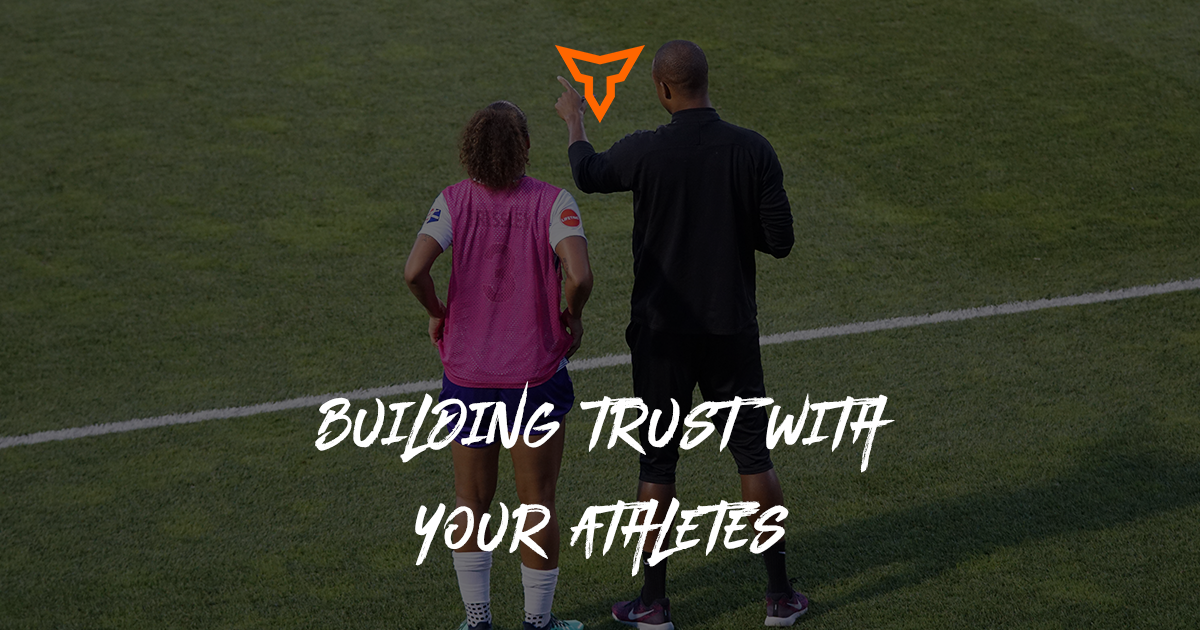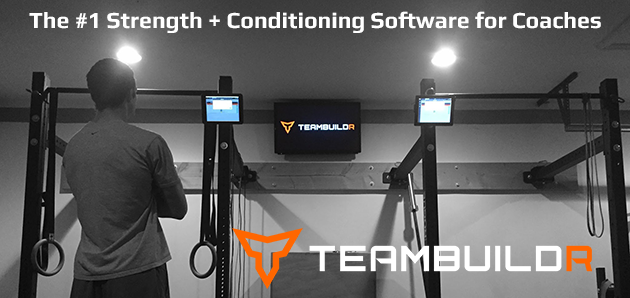Using Pre-Game Jitters to Boost Your Athletic Performance
This is a guest post from Mike Caro - Head Strength Coach at Transylvania University. Mike is deeply involved in the strength coaching community including the facilitation of the small-college strength coaches roundtable at this year's NSCA Coaches conference in San Antonio.
As humans we all become nervous in certain situations. For athletes, those situations are usually competitions (or sometimes tryouts). The psychological aptitude of athletes can be as complicated and varied as their physical abilities.
As an athlete or a coach, if you’re not aware of, and able to respond appropriately to, different psychological states, you’re missing out on a key element to high level performance.
Keep in mind that a certain degree of anxiety and psychological arousal can be beneficial for an athlete. High levels of alertness can stimulate the production of hormones such as epinephrine, norepinephrine, dopamine, and others. These chemicals can drive the body into performing extraordinary feats like sprinting split seconds faster, jumping millimeters higher, or lifting slightly more weight.
Arousal levels that are too high can produce an inability to focus on task-relevant information (body position, external and environmental feedback, timing, etc.). Low arousal levels can result on focusing too much on unnecessary environmental factors and other task-irrelevant information, losing focus, and degraded performance (case in point: losing a competition to an “easy” opponent). Additionally, some athletes have high arousal thresholds, meaning that a great deal of stimulus (anxiety, stress, etc.) is needed to get them to an ideal performance state. Conversely, some athletes have very low arousal thresholds, making it very easy for them to become anxious.
Take your program's strength and conditioning to the next level this offseason with TeamBuildr. Strength coaches from high school to the NBA trust TeamBuildr to program workouts, empower athletes, and collect data.
Try our 14-day free trial today.
Learning to put yourself into an ideal psychological performance state can be a make or break skill for an athlete. To master this skill so that you can boost your athletic performance, you first need to identify if you have a high or low arousal threshold; keep in mind that there are varying degrees, and your threshold may change from competition to competition, season to season, and sport to sport. If you find that you have a high threshold, listening to music that gets you pumped up could better help you to reach that threshold. Engaging in positive self-talk and/or a pre-competition team ritual may also help bring you up to the ideal mental state. If you have a lower threshold (which can sometimes cause you to become nervous and/or anxious easily), you may be better served by listening to music that’s a bit more on the mellow side. Blocking out the actions of other athletes, talking to teammates/coaches, or practicing deep breathing techniques may also help you to bring yourself down to an optimal psychological arousal level. Once you begin paying attention, it will become easier to identify your psychological state. Trying different motivational or calming techniques at practices or lower level competitions can help you to find what works best.
Coaches and parents can also help their athletes achieve an ideal psychological performance state. Providing positive reinforcement, appropriate technique advice, the right amount of feedback (or none at all, depending on the athlete), and guiding an athlete to focus on task-relevant information while blocking out unimportant environmental events are common ways coaches and parents can aid in competition preparation.
Being nervous or anxious can be a good thing, once you learn to use pre-game jitters to boost your athletic performance.
Subscribe to our blog
Subscribe to receive the latest blog posts to your inbox every week.
Related posts

How To Prevent Coaching Burnout

Meet the Parents: The Lifeblood of Your Program

